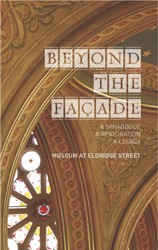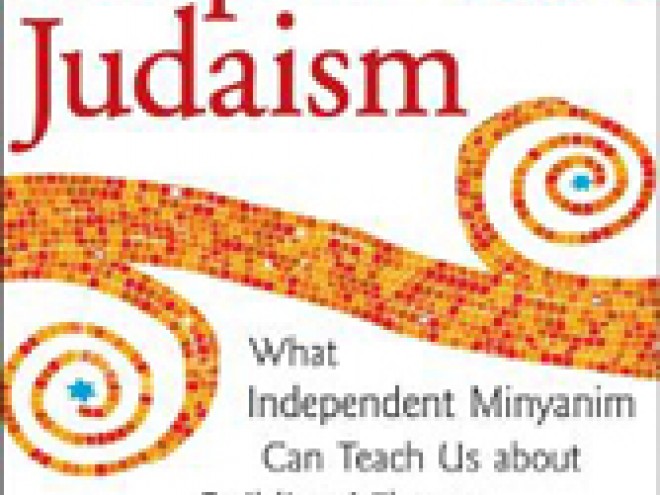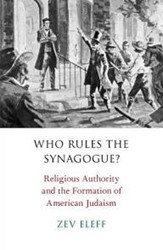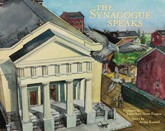“People are constantly coming and going for programs, but ‘in reality the synagogue is empty,’” observed one rabbi to Rabbi Lawrence Hoffman.
It was recognition of this situation that brought together Dr. Hoffman, Barbara and Stephen Friedman, Professor of Liturgy, Worship, and Ritual at Hebrew Union College- Jewish Institute of Religion, and Dr. Ron Wolfson, Vice President, Fingerhut Assistant Professor of Education, and Director of the Whizin Center for the Future of the University of Judaism. Meeting in the once legendary Concord Hotel the week before it closed — practically a symbol of the project they were about to undertake — they conceived Synagogue 2000, now Synagogue 3000, a transdenominational effort to “create synagogues that are sacred and vital centers of Jewish life.”
Only 40 percent of American Jews are affiliated with synagogues, and most members are only marginally involved. Synagogue practices and programs reflect these limited demands of their members — education for their children, bar/bat mitzvahs, committee work, and Shabbat services for those who are interested. But this does not speak to fourth-generation American Jews. Not drawn to the synagogue by ethnic nostalgia, the Holocaust, and the creation of Israel, this generation seeks to satisfy its spiritual and personal needs. Thus, Hoffman maintains, if synagogues are to perpetuate Judaism in the 21st century, they must do nothing less than transform themselves into welcoming, sacred, thoughtful, adult spaces.
As Hoffman states at the outset, this is not an easy book to read. The “new vocabulary” of the subtitle draws on sociological, organizational, artistic, and philosophical research and by definition introduces concepts and language that are unfamiliar, and may be provocative, to synagogue thinking and discussion. But this is just Hoffman’s point, and anyone involved in Jewish congregational life will benefit from hearing out and perhaps arguing with his premises.
Hoffman makes clear that this is not a how-to guide, and there are few examples of synagogue transformation. Each chapter closes with a review of the new vocabulary and activities and topics for discussion. An index would have been helpful. Notes.
Maron L. Waxman, retired editorial director, special projects, at the American Museum of Natural History, was also an editorial director at HarperCollins and Book-of-the-Month Club.





